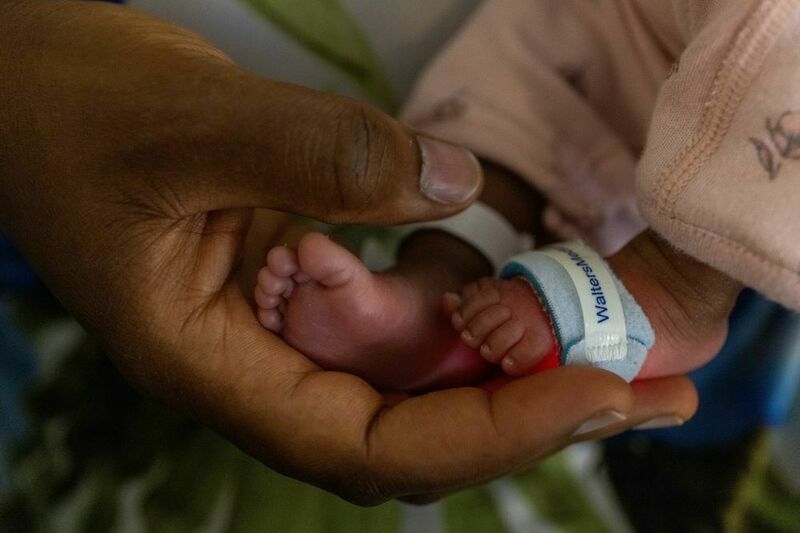The distressing findings are based on analysis of data on more than 700,000 babies admitted to neonatal units in England and Wales between 2012 and 2022.
The study found that some of these inequalities were explained by pre-existing risk factors present at the time of admission to neonatal care – including gestational age at birth and sex of the baby. This was the case for just over half of the babies born to mothers facing socioeconomic inequalities and for 75% of the babies born to Black mothers.
Despite this, there are still inequalities which exist in the rates of babies who die in neonatal units which cannot be explained.
